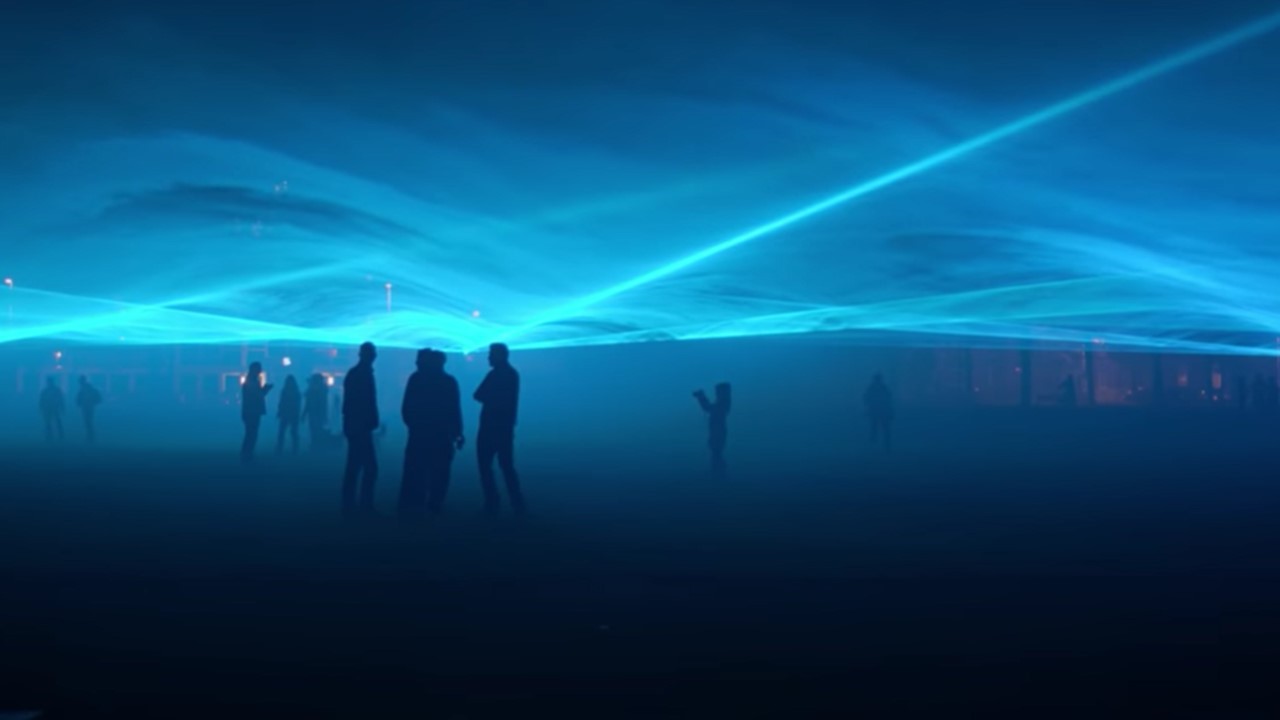The Future of Your Mind: Partnering with Nature
The Corona crisis revealed the fragility of our globalized system. The crisis brought deprivation to just about every vital social system and showed its infrastructure's flaws. What seemed to be obviouslyconnected quickly unravelled. Highly interdependent value chains proved enormously vulnerable.
At the same time, Sectors known for the lack of employee engagement -- such as collecting garbage, growing food, and cashiers' work in supermarkets -- suddenly discovered the meaningfulness of their otherwise invisible contribution to a larger whole. In the medical sector, care providers were widelyhonored as heroes. Taboos in many companies, such as the switch to home and teleworking, vanished.
The Corona disruption presents companies and organizations with pressing ethical dilemmas: choices between safety and social services (supermarkets), profit thinking and public health (such as the compulsory closure of catering and fashion companies), focusing on employees and customers. Now, 'disruption', the ideological buzzword for disruption of business plans by digital technology, became a real-world and real-time event. And the object of disruption is the Tayloristic reduction of 'human being' to 'human resources', a basic tenet of 20th Century commercial society.
Rather than merely forcing companies to rethink their products, customer relationships, and marketing strategy to stay afloat among fast-growing digital platform players (such as Booking.com or Spotify),
Let's consider, for example, a local construction group in Belgium. Early on, the management team decided to shut down in the interest of employees' health. Almost all workers were allowed to go home and were placed on unemployment. For the company, doing so was risky. At the time it let workers go, it received adverse reactions from customers who were dissatisfied because their construction projects were delayed. Giving precedence to employee health was perceived by some customers as contrary to their interests.
Workers became engaged with the larger social environment, their change of mind triggered not by last year's workshops geared to shifting the company's cultural DNA. Rather, forced by the situation, conversations emerged focusing on the relationship between one's own contribution and the bigger social and political surroundings, a conversation about what one is capable of doing and about what are one's options in a fundamentally changed society. Workers envisioned options and placed them into an evolutionary framework, asking "how does each of us expect things to evolve?" This evolutionary thinking powerfully connected people and led them to new priorities. For example, construction excavators did farm work which no longer had a budget due to price pressure from a globalized market. At the same time, workers developed new skills using machines in unusual ways for unusual purposes.
A revolution in human thinking occurred. Not only was static contextual thinking broadened into evolutionary thinking, workers themselves began to think in terms of structural relationships which previously were"not their problem".
managers, spontaneously emerged in volunteers.
The great corona disruption is a disruption at the level of social connection and at the level of thinking and collaboration. It heralds ways of working together in which interweaving thinking and acting become central, and Tayloristic distinctions between thinking and doing become moot.
Thinking and acting together form the core of Requisite Agility in terms of which investments in employees are not only investments in competencies and skills, but also investments in increased maturity and the fostering of collaboration, -- a birthing of what we can call collaborative intelligence. The Corona crisis facilitated goals towards which the construction company had been striving for over two years: greater autonomy of employees leading to faster, better decision-making.
The construction company example taught me that the challenge of becoming an autonomously acting contributor both requires and virtuously facilitates
● moving from contextual to evolutionary and relationship thinking,
● a reformulation of one's own job mandate,
● and the emergence of high-quality decision making.
However hurtful the corona virus crisis, it encouraged employees' commitment to the common good. They experienced their contribution as meaningful rather than assigned, and made manifest their ethical conviction to follow what each felt to be the important thing to do.
The corporate and individual decisions to accept financial hurt due went hand in hand with making ethical choices that felt to be timely and right. A person will accept hardship when it is seen as an ingredient of promoting the common good. The rediscovery of work delivery grounded in ethical principles and moral convictions has the most important potential for manifesting meaningful partnerships in the future. Such partnerships will make an important difference for all employees, their teams, organizations, and social networks. They shall lay the foundation from which collaboratively intelligent companies can emerge and thrive.
The rediscovery of 'context', 'process', 'relationship' and 'transformational' thinking is what enables us to reconnect with the complexity of the world and to nature. This kind of thinking transcends logic and enables us to develop a coherent, holistic and integrative picture of what happens around us. Discussing how we interpret reality created cognitive breakthroughs for some companies during the Covid crisis.
The future of one's mind lies in acknowledging how it sometimes reduces reality to simple linear relationships and to examine your own critical questioning, your thinking about transcending the perspectives present, your focus on keeping differences and tensions on the table productively for as long as possible, to guide a group to arrive at more and more nuanced choices.
Comments
By accepting you will be accessing a service provided by a third-party external to https://www.requisiteagility.org/



